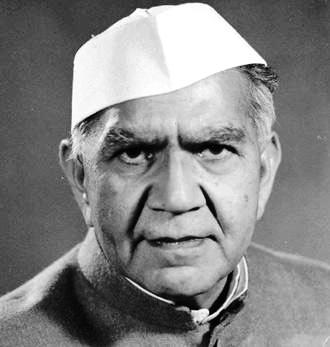The draft National Register of Citizens (NRC) for the state of Assam was updated and published on 29 July 2018. Scores of bona fide Indians, including the nephew of Fakhruddin Ali Ahmed, former president of India, are missing from the list. Those whose names are missing from the NRC can still submit an application for review of their status. But they need to furnish proof of his or his/her ancestor’s citizenship of India. The proof could be them being listed in the 1951 census report, voter ID cards issued before 24 March 1971, or any other document issued by the Government of India to them before 24 March 1971. This means that those who immigrated to Assam after 1951, could not manage to be enlisted as a voter till 24 March 1971 and do not have any other documents that prove his/her Indian citizenship, have to leave India.

Who are the 4 million people who have been left out of the NRC? Most of them allegedly are Muslims who came from Bangladesh. Those who are opposing their exclusion from the list argue that since they have been living in India for the past few decades, they should be allowed to remain here on humanitarian grounds. The proponents of this NRC say that it is not the responsibility of the Indian state to provide shelter to foreigners, even if there are humanitarian grounds, because India is already feeling the burden of a large population and a high population growth rate. They also allege that some political forces have encouraged this illegal immigration into Assam to increase their vote-bank locally.
While NRC has been projected as an exercise to keep out illegal immigrants, the Citizenship (Amendment) Bill 2016 proposes to do the opposite: grant citizenship to illegal immigrants. The Bill, however, proposes to do so selectively, by keeping Muslims out of its purview. The Bharatiya Janata Party (BJP)-led union government introduced the Bill in the Lok Sabha on 15 July 2016. According to the Bill, the Hindus, Sikhs, Jains, Parsis, Buddhists and Christians living in Pakistan, Bangladesh and Afghanistan should be allowed to come and stay in India and, after six years of their stay, granted Indian citizenship. The Bill also says that those Hindus, Sikhs, Jains, Parsis, Buddhists and Christians from Pakistan, Bangladesh and Afghanistan living in India as illegal immigrants for more than six years should be given Indian citizenship immediately. The argument behind these clauses is that Hindus, Sikhs, Jains, Parsis, Buddhists and Christians are minorities in Pakistan, Bangladesh and Afghanistan and live under extremely discriminatory conditions, hence India should grant them asylum. To buttress the argument, the proponents of the Bill say these communities have been historically part of the Indian culture.

All opposition parties have criticized this Bill that seeks to grant citizenship to immigrants based on their religion. In fact, some of fiercest criticism has come from Assam, and that too from the ruling BJP’s coalition partner in the state, the Asom Gana Parishad. Even the BJP-supported government of the neighbouring Meghalaya state, which also shares its border with Bangladesh, opposed the Bill. The fear in Assam and in Meghalaya is that this would legalize settling of Bangladeshi Hindus – there are about 17 million of them – in these neighbouring states.
It’s not hard to see who stands to gain from a less Muslim, more Hindu demography in these states with a significant, if not predominant, tribal population.
Forward Press also publishes books on Bahujan issues. Forward Press Books sheds light on the widespread problems as well as the finer aspects of Bahujan (Dalit, OBC, Adivasi, Nomadic, Pasmanda) society, culture, literature and politics. Contact us for a list of FP Books’ titles and to order. Mobile: +917827427311, Email: info@forwardmagazine.in)
The titles from Forward Press Books are also available on Kindle and these e-books cost less than their print versions. Browse and buy:
The Case for Bahujan Literature
Dalit Panthers: An Authoritative History






